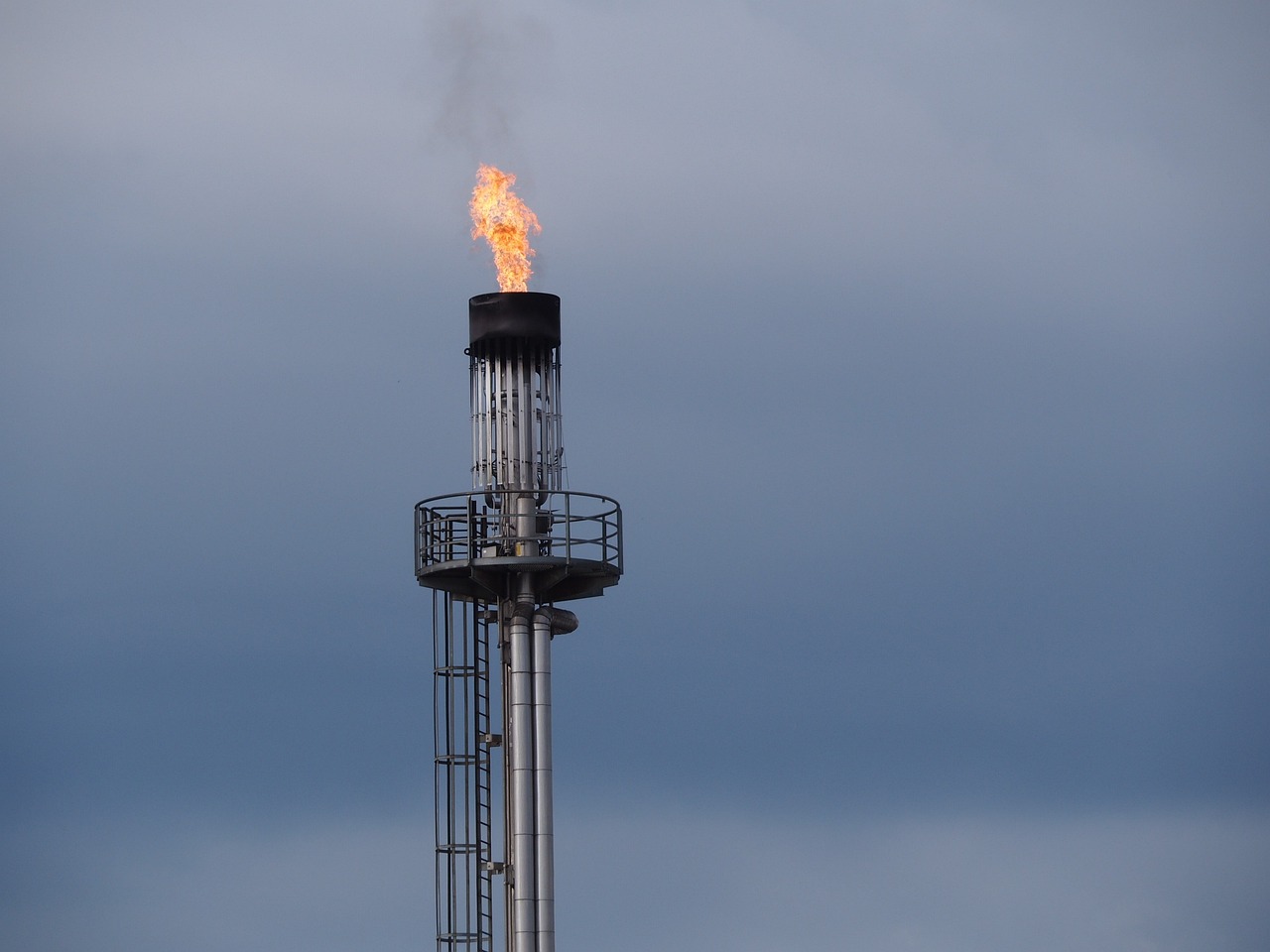
Canada has long been known for its vast oil resources, with the country ranking as one of the top producers and exporters of oil in the world. The oil industry has played a significant role in Canada’s economy, contributing billions of dollars to the country’s GDP and creating thousands of jobs. The abundance of oil in Canada has also attracted investment and attention from global companies, making it a vital part of Canada’s international trade and relations.
However, the development and extraction of oil in Canada have not been without controversy. The production and transportation of oil have led to environmental concerns, particularly in regards to carbon emissions and the potential for oil spills. Additionally, the indigenous communities in Canada, who are heavily impacted by oil production, have been vocal about their concerns regarding their land and rights.
The development of alternative energy sources and the push for more sustainable practices in the oil industry have also been hot topics in Canada. With increasing global pressure to reduce carbon emissions, Canada is facing the challenge of balancing its economic dependence on oil and its responsibility towards mitigating the effects of climate change.
Overall, the impact of oil in Canada is complex and multi-faceted. While it has brought economic benefits and opportunities, it has also sparked debates and challenges in environmental and social aspects. The future of oil in Canada will continue to be a topic of discussion and its effects will be felt for generations to



